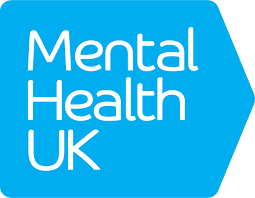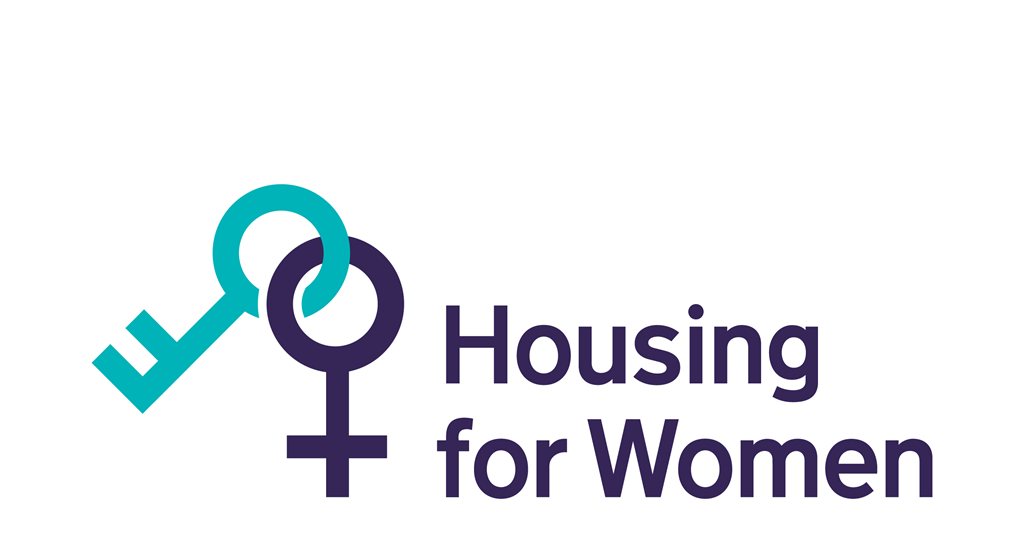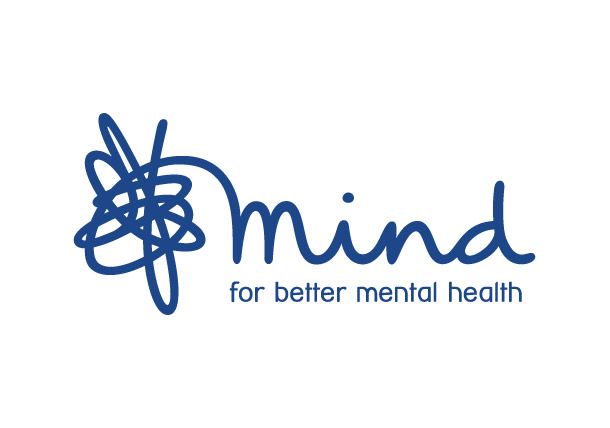Mental Health Charities Overwhelmed by GP Referral Surge
The UK’s mental health crisis is reaching a breaking point. As NHS mental health services struggle to meet rising demand, general practitioners (GPs) are increasingly directing patients to charities for support. However, many of these charities are now facing an overwhelming influx of referrals, leaving them stretched to their limits.
According to The Guardian, mental health charities are being relied upon to fill the gaps in NHS care, but the lack of regulation and resources poses significant concerns. Some organisations provide support through volunteers and non-clinical staff, raising questions about the quality and safety of care. While these charities offer a vital service, they often lack the funding and professional staffing needed to handle complex mental health conditions.
Experts warn that referring vulnerable patients to unregulated charities can be risky. Jaime Craig, the incoming chair of the Association of Clinical Psychologists, has voiced concerns about the reliance on non-qualified practitioners. Dr. Jon Van Niekerk from the Royal College of Psychiatrists also emphasised the importance of ensuring that mental health services are staffed by trained professionals.
Charities such as First Steps ED and Counselling in the Community are at the forefront of this challenge. While they strive to provide essential services, they are under immense pressure. Daniel Magson, CEO of First Steps ED, has stated that while their support officers are transparent about their qualifications, they cannot replace professional mental health services. Stuart Hutton-Brown from Counselling in the Community highlighted the vital role these charities play but acknowledged that they are struggling without direct government funding.
This crisis has prompted calls for government intervention. Chris Webb, MP for Blackpool, has urged the government to address the shortfall in mental health services and ensure proper regulation of psychotherapists and counsellors. Campaigners argue that a stronger regulatory framework would protect vulnerable individuals from inadequate care and improve access to professional support.
Mental health charities play an essential role in supporting communities, but they cannot shoulder this burden alone. With proper funding, regulation, and government backing, these organisations can continue their vital work while ensuring those in need receive the right level of care. Addressing this issue must be a priority to build a more sustainable and effective mental health support system.
Published: 13 March 2025
Updated: 13 March 2025








